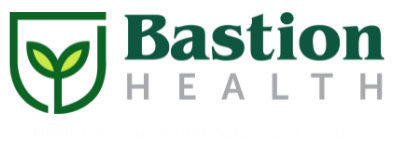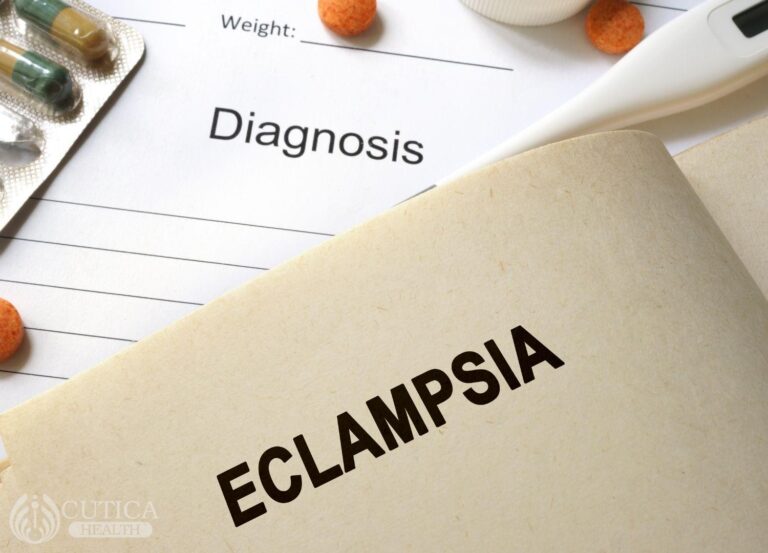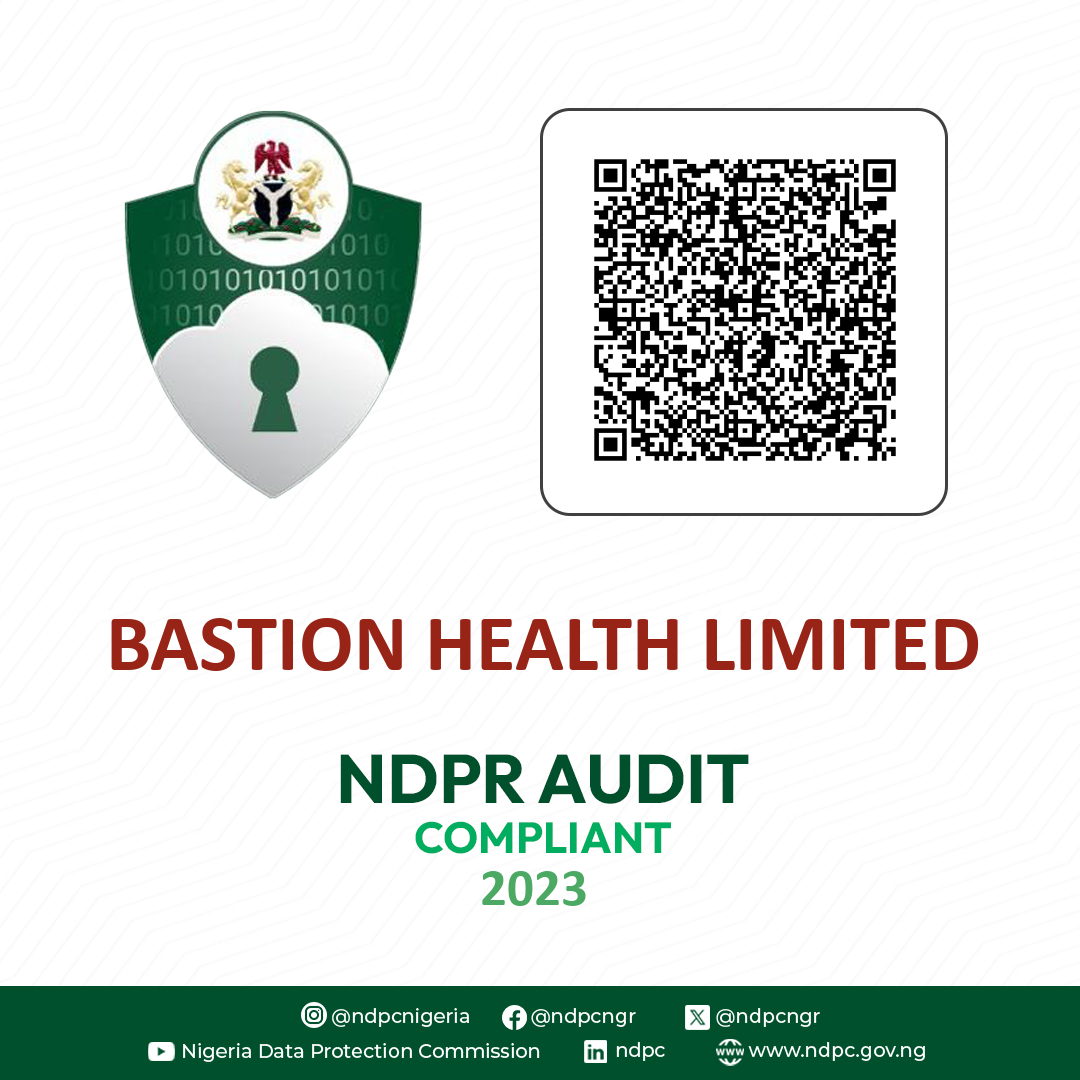Drugs that affect your Pregnancy
The news of pregnancy, especially a planned one is often met with joy.With this news also comes worry and fear as mothers are concerned about doing all the right things to ensure their babies are safe, healthy,and delivered without complications.
Many drugs are withheld in pregnancy and reasonably so, to protect the mother and the growing unborn baby.
While some drugs are only withheld at certain stages of the pregnancy, others are prohibited till term and delivery of the baby. Some medicines can cause miscarriage while others can result in serious complications in the newborn.

Medications that can increase risk of complications in your pregnancy include:
- Isotretinoin: This medication is used in the treatment of acne. Use ofIsotretinoin in all its forms should be avoided by both pregnant women and those planning to get pregnant as it increases the risk of severe birth defects.

- Pain relievers: Pain medications called non-steroidal anti-inflammatory drugs (NSAIDs), such as ibuprofen, aspirin, and naproxen are usually not advised for use during pregnancy. These medications are particularly best avoided in the last trimester of pregnancy except otherwise advised by your doctor.
Ibuprofen has been shown to cause miscarriage and affect the baby’s blood circulation and kidney function.
- Antibiotics: Several antibiotics including ciprofloxacin, levofloxacin, and gentamicin may not be safe during pregnancy, and so are best used only when prescribed by your doctor. Some of these antibiotics come with a high risk of birth defects and malformations in the baby.
- Antimalarials: Some antimalarial medicines can only be used after the first trimester. The antimalarial drug primaquine is potentially harmful to the developing foetus and may destroy the blood cells of the foetus.

- Blood Pressure Medicines: Blood pressure medicines, including Lisinopril and Ramipril are contraindicated in pregnancy. These medicines have been shown to increase the risk of malformations in the newborn. Speak with your doctor about an alternative medication during pregnancy.
- Blood thinners: Blood thinners like warfarin should be avoided during pregnancy except prescribed by a doctor and the benefit of its use outweighs the risk. Warfarin is associated with increased risk of birth defects, including mental retardation, deafness, and slower growth in the newborn.
- Anti-Anxiety medications: Drugs like lorazepam and clonazepam are sometimes prescribed to treat anxiety or panic attacks. Lorazepam can lead to symptoms of withdrawal in the newborn, while clonazepam has been demonstrated to cause both birth defects and withdrawal symptoms, which could be life threatening.
- Anti seizure medications: Some anti seizure medications like sodium valproate and phenobarbital are harmful to the unborn baby as they could lead to birth defects and growth retardation. If a woman on anti-seizure medications wants to get pregnant, the drug has to be stopped carefully and the woman switched to another. This however must be done by a doctor. Do not discontinue your meds by yourself as this is dangerous.
- Recreational Drugs: The use of illicit medications like heroin , codeine (also found in cough syrup) cocaine , cannabis , ecstasy , etc has a serious negative impact on the unborn baby and mother. It is important to seek professional help if you are dependent on any of these medications before you get pregnant.
The use of these drugs increases the chances of a miscarriages, still birth, premature babies, under weight, stillbirth. They also affect the development of the brain, heart and other structures. The use of alcohol and tobacco has been associated with development and behavioural problems in a child that persists into adolescence. It should be noted that there is no safe limit of alcohol consumption in pregnancy and expecting mothers are advised to refrain from drinking alcohol.
Are vitamins and herbal drinks safe?
While prescribed vitamins are generally considered to be safe, it is not advisable to purchase them over the counter as these vitamins, though seemingly harmless, can be harmful as the concentrations may be higher than recommended.
Caution is also advised when taking herbal preparations – natural doesn’t always mean safe. Popular herbal preparations like agbo in Nigeria is strongly discouraged as the formulation of these drinks are not only not fully known, they have also not been extensively studied.

Summary
It is important to speak to your doctor about all the medications you are currently taking, including the ones you purchased over the counter and locally prepared herbs. Do not self-medicate or use medications simply because other pregnant women use them. Speak to your doctor today before using or stopping any medicines.













